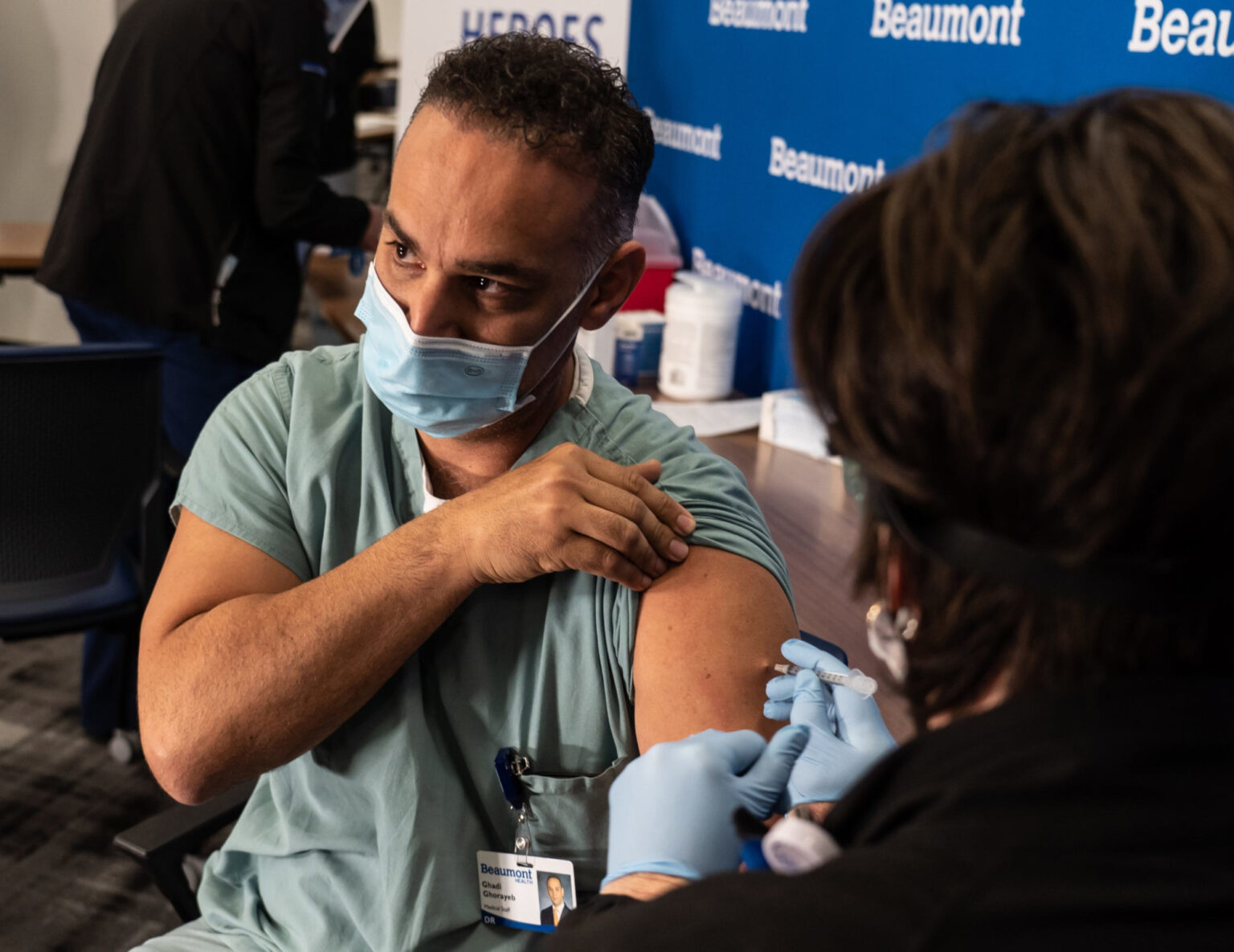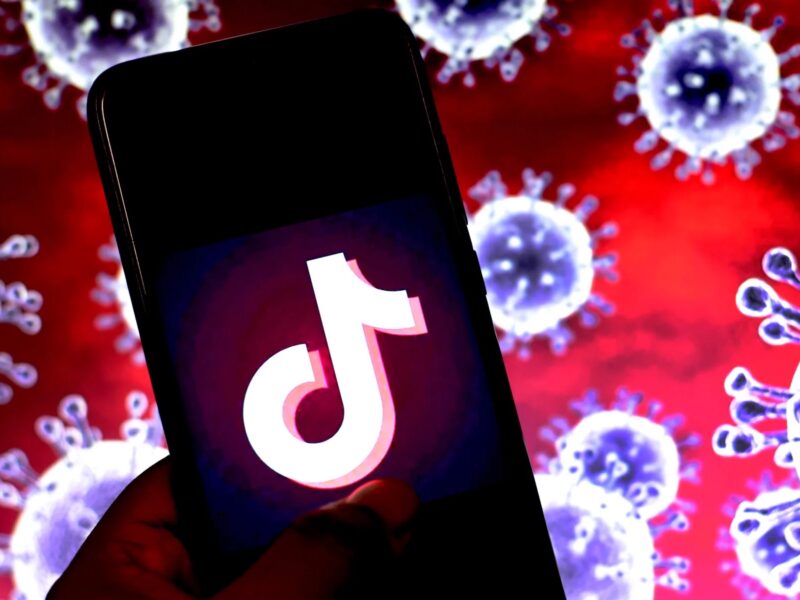
Is asking if you’re vaccinated a HIPAA violation? Everything you should know
In short, no, it’s not. Due to HIPAA (the Health Insurance Portability and Accountability Act) only being applicable to healthcare professionals & organizations (i.e. hospitals), the act doesn’t cover regular businesses. Therefore, it’s not a HIPAA violation for a business to ask if you’re vaccinated.
The CDC has recently stated that all fully vaccinated individuals are free to resume activities without a mask unless local laws require otherwise, staging on their official website: “Fully vaccinated people can resume activities without wearing a mask or physically distancing, except where required by federal, state, local, tribal, or territorial laws, rules, and regulations, including local business and workplace guidance.”
This update raises questions about a consumer’s right to privacy. However, a business is legally allowed to ask to see proof of vaccination if you choose to not wear a mask. Although vaccine cards are considered documents that are protected under HIPAA, all non-HIPAA organizations are allowed to ask for the document.

What specialists are saying
Kayte Spector-Bagdady, a medical ethics researcher at the University of Michigan, recently stated: “HIPAA only governs certain kinds of entities — your clinician, hospital, or others in the healthcare sphere. It does not apply to the average person or to a business outside health care. It doesn’t give someone personal protection against ever having to disclose their health information.”
On the other hand, Carmen Roe, a legal analyst for KHOU, has stated that it will ultimately be the courts’ decision if businesses can ask for vaccination cards to serve individuals without a mask.
Roe explained: “I think it runs a very serious risk of interfering with federal privacy laws that are on the books, that are there that have never been tested in the way these vaccinations are testing them. Once we get a test case, I think things are not going to go well for any business who tries to force someone to produce that information before they enter.”

Businesses that have eased mask requirements
With the CDC’s new masking guidelines, numerous businesses have dropped their mask requirements for those already fully vaccinated.
These businesses include Walmart, Target, Costco, Trader Joe’s, and Starbucks. However, stores such as Apple & Walgreens are still evaluating the new guidelines and say they may update their policies in the future.
Although these stores have altered their mask requirements, you’re still required to follow local laws if they state otherwise.

Will businesses be asking for proof of vaccination?
The businesses listed previously have stated they won’t require proof of vaccination in order not to wear a mask. They will be relying on an honor system, trusting that customers who are shopping without a mask are truly fully vaccinated.
This may change in the future, depending on the “actual” use of the honor system.

Where do we still have to wear a mask?
The CDC has stated that masks are still required in certain places on their website: “If you travel, you should still take steps to protect yourself and others. You will still be required to wear a mask on planes, buses, trains, and other forms of public transportation traveling into, within, or out of the United States, and in U.S. transportation hubs such as airports and stations.”
Healthcare settings are also still requiring masks, even if you’re fully vaccinated. When entering a hospital, you must be wearing a mask.
Additionally, all ride-share services such as Uber & Lyft are requiring masks for all individuals despite vaccination. Andrew Hasbun, Uber’s head of safety communications, stated” “Uber’s mask requirement remains in place. We continue to ask that riders and drivers wear a mask over their nose and mouth during the entire trip and that riders sit in the back seat. Drivers can still cancel the trip if a rider isn’t wearing a mask.”
—
The CDC’s guidelines are always updating, so make sure to stay up to date with the latest changes. Do you think the honor system will work? Let us know in the comments below!







